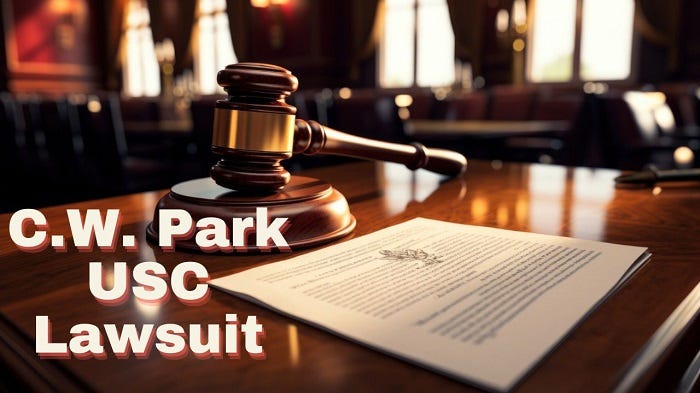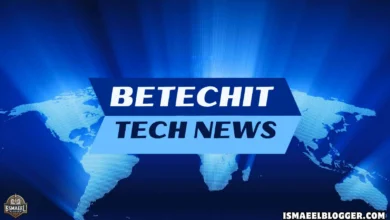C.W. Park USC Lawsuit: Implications for Students and Faculty

Introduction to the C.
W. Park USC Lawsuit
The recent C.
W. Park USC lawsuit has sent shockwaves through the academic community, raising questions that strike at the heart of higher education. As students and faculty alike grapple with its implications, many are left wondering what this means for their lives and careers at the University of Southern California. The case touches on critical issues such as tuition costs, educational quality, job security, and even academic freedom. As developments unfold in the courtroom, it’s essential to explore how these legal proceedings might reshape not only USC but potentially influence policies across universities nationwide. Let’s dive deeper into this complex situation and uncover what it could mean for everyone involved.
Background on C.
W. Park and USC
C.
W. Park is a prominent figure in academia, known for his contributions to research and education. He has dedicated many years to advancing academic standards at various institutions.
The University of Southern California (USC) stands as one of the leading private research universities in the nation. Its focus on innovation and excellence attracts students from around the globe.
Park’s association with USC has been marked by a commitment to fostering an inclusive learning environment. This dedication resonates within both faculty and student communities.
However, recent events have cast a shadow over this collaboration. The tensions between university policies and individual rights are now under scrutiny, igniting discussions about accountability within higher education frameworks.
Details of the Lawsuit
The C.
W. Park USC lawsuit centers on allegations of misconduct that have stirred significant debate within the university community. Park, a prominent faculty member, claims wrongful termination after raising concerns about academic integrity.
Specific details reveal accusations regarding administrative pressure to alter research findings. These pressures reportedly compromised both educational standards and student outcomes.
Documents submitted in court highlight communications between Park and university officials that suggest a troubling culture of silence surrounding dissenting opinions. The suit also questions existing policies aimed at protecting academic freedom.
As legal proceedings unfold, both sides present contrasting narratives about institutional practices and ethical obligations. This lawsuit could potentially reshape how universities handle transparency and whistleblower protections in the future.
Implications for Students: Tuition Costs and Education Quality
The C.
W. Park USC lawsuit raises critical questions for current and prospective students. Tuition costs are already a significant burden, and any legal outcomes could lead to increased fees.
If the university faces financial penalties or damages, those costs may trickle down to students. This situation creates anxiety about affordability in higher education.
Moreover, the quality of education could be impacted. Resources might become scarce as funds divert to legal battles rather than academic programs or faculty hiring.
Students depend on their institutions not just for knowledge but also for career opportunities post-graduation. Any decline in reputation resulting from this lawsuit could affect job placements and networking prospects.
As these developments unfold, students will need to stay informed about potential changes that may directly affect their academic experience and future careers.

Implications for Faculty: Job Security and Academic Freedom
The C.
W. Park USC lawsuit raises critical questions about job security for faculty members. As the legal battle unfolds, many educators are left wondering how their roles might be affected.
In a landscape where funding and reputation can shift dramatically due to lawsuits, concerns over employment stability become paramount. Faculty may face increased scrutiny regarding their tenure status or contract renewals as the university navigates potential financial repercussions.
Academic freedom is another pressing concern. Educators thrive in environments that encourage open dialogue and exploration of ideas. If the lawsuit prompts changes in institutional policies, it could stifle creativity and intellectual risk-taking among faculty.
Fear of retaliation may also loom large for those who wish to speak out against perceived injustices within the university system. The chilling effect on discussions surrounding sensitive topics could hinder an essential aspect of higher education: fostering diverse perspectives and critical thinking.
Response from USC and Park’s Legal Team
USC’s response to the lawsuit has been carefully crafted. The university stresses its commitment to maintaining high educational standards and fostering an inclusive environment. They assert that they take any allegations seriously.
On the other side, C.
W. Park’s legal team is determined and vocal about their stance. They argue that systemic issues within USC have hindered academic freedom and affected students’ experiences negatively.
Park’s attorneys emphasize that this case isn’t just about one individual but speaks volumes about broader institutional challenges faced by faculty across many universities today.
Both parties are preparing for a challenging legal battle ahead, which may unfold in public view, drawing attention from media and stakeholders alike. Additional developments could further shake up perceptions of higher education institutions as they navigate these turbulent waters together.
Conclusion: Potential Changes in Higher Education Policies
The C.
W. Park USC lawsuit presents a pivotal moment for higher education institutions across the country. As the case unfolds, it raises critical questions about tuition costs and educational quality, impacting students directly. The potential financial implications could alter how universities approach their pricing structures.
For faculty, concerns over job security and academic freedom have surfaced as significant issues. This case may prompt universities to re-evaluate their policies surrounding employment practices and support for educators in an increasingly competitive landscape.
As discussions continue around this lawsuit, there is a strong likelihood that it will influence broader changes in higher education policies nationwide. Universities might be compelled to adopt more transparent practices regarding tuition allocation and faculty protections.
Stakeholders must pay close attention to these developments, as they hold the power to reshape the future of academia significantly. Whether it’s enhancing student experiences or safeguarding faculty interests, the ripples from this lawsuit are sure to touch many aspects of higher education moving forward.




